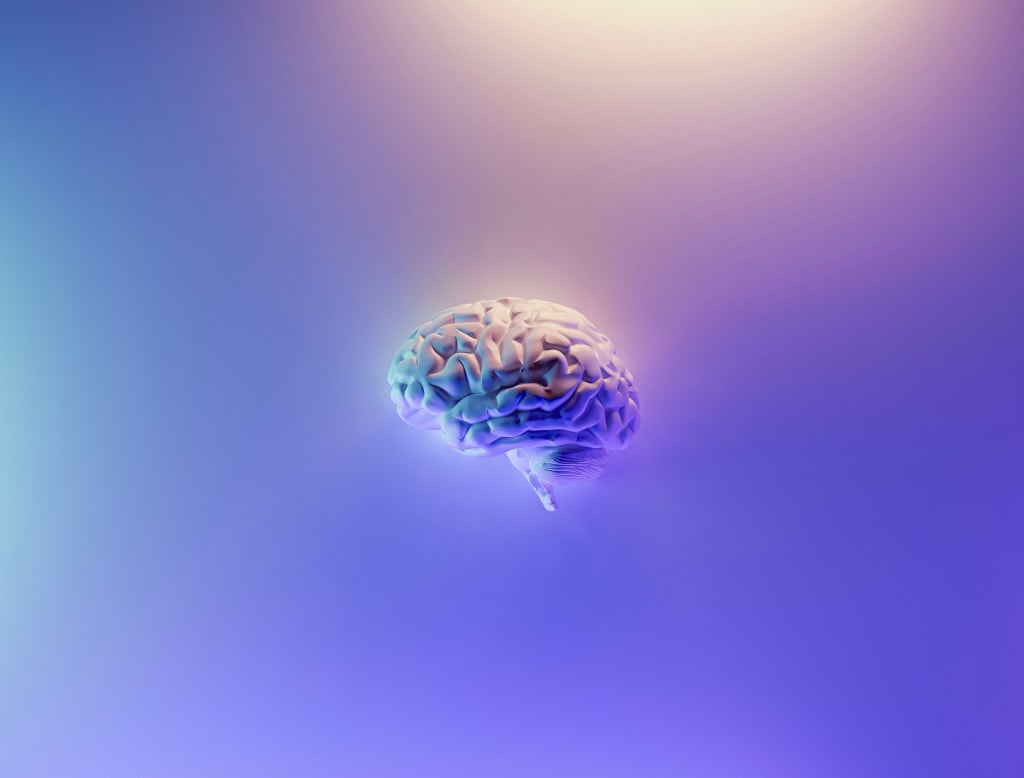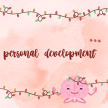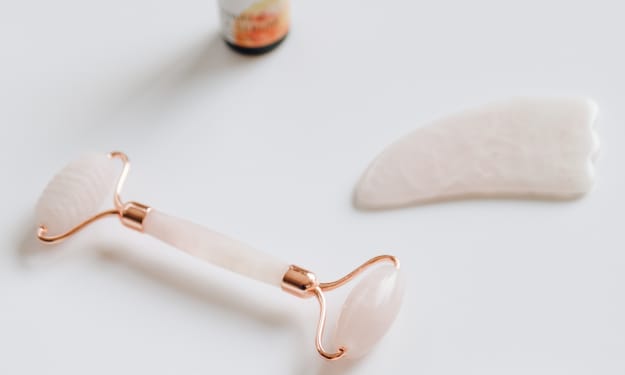Unveiling the Neuroscience of Habits:
Rewiring Your Brain for Success

In the realm of personal development, the topic of habits often reigns supreme. From morning routines to productivity hacks, we're constantly seeking ways to optimize our behavior and achieve our goals. But have you ever stopped to wonder what's really happening in your brain when you're forming or breaking a habit? The field of neuroscience offers fascinating insights into the inner workings of our minds and how we can leverage this knowledge to reshape our habits for success.
-Understanding the Brain's Habit Loop
At the heart of the neuroscience of habits lies the concept of the habit loop, a three-step process that governs how habits are formed and maintained. This loop consists of a cue, a routine, and a reward. Let's break it down.
Cue: This is the trigger that sets the habit in motion. It could be anything from a specific time of day to a particular location or emotional state. For example, feeling stressed might serve as a cue to reach for a comforting snack.
Routine: The routine is the behavior itself—the habit that we engage in automatically in response to the cue. This could be something as simple as grabbing that snack or as complex as going for a run.
Reward: Finally, there's the reward—the positive reinforcement that reinforces the habit loop. This could be the pleasure of eating something delicious or the sense of accomplishment after a workout.
Understanding this loop is crucial because it reveals how habits become ingrained in our neural circuitry. Every time we repeat the loop, the associated neural pathways in our brains become stronger, making the behavior more automatic and less reliant on conscious decision-making.
-The Power of Neuroplasticity
One of the most exciting discoveries in neuroscience is the concept of neuroplasticity—the brain's ability to reorganize itself in response to experiences. This means that our brains are not static; they are constantly changing and adapting based on our actions and environment.
When it comes to habits, neuroplasticity offers a glimmer of hope for those looking to break free from destructive patterns and cultivate healthier behaviors. By consciously reshaping our habits, we can literally rewire our brains for success.
Consider the case of John, a chronic procrastinator who struggled to meet deadlines at work. Through sheer determination and the application of neuroscience principles, John embarked on a journey to reprogram his habits. He started by identifying the cues that triggered his procrastination, such as feeling overwhelmed by a large task. Instead of succumbing to procrastination, John experimented with different routines, such as breaking tasks into smaller, more manageable chunks and setting specific deadlines for each one. And the rewards? Not only did John experience a newfound sense of productivity and accomplishment, but he also noticed a shift in his mindset—he began to see challenges as opportunities for growth rather than obstacles to be avoided.
-Harnessing the Power of Dopamine
Dopamine, often referred to as the "feel-good" neurotransmitter, plays a central role in the formation of habits. When we engage in a behavior that leads to a reward, our brains release dopamine, reinforcing the neural pathways associated with that behavior. Over time, this dopamine-driven reinforcement strengthens the habit loop, making the behavior more automatic and difficult to change.
While dopamine is often associated with pleasure, its role in habit formation extends beyond mere enjoyment. Dopamine serves as a signal that tells our brains, "This behavior is worth repeating." Understanding this mechanism can empower us to take control of our habits by consciously manipulating the dopamine system.
Take the example of Sarah, a social media addict who found herself spending hours mindlessly scrolling through her feeds every day. Aware of the dopamine-driven nature of her habit, Sarah decided to implement a strategy known as "dopamine fasting." She deliberately reduced her exposure to the stimuli that triggered her social media habit, such as turning off notifications and setting strict time limits for browsing. In doing so, Sarah gradually weakened the neural pathways associated with her social media addiction, making it easier to resist the urge to indulge.
-The Role of Mindfulness and Self-awareness
At the core of habit transformation lies mindfulness—the practice of being present and aware of our thoughts, feelings, and behaviors without judgment. By cultivating mindfulness, we can develop a heightened sense of self-awareness that allows us to observe our habits with clarity and compassion.
Imagine the case of Lisa, a chronic nail-biter who struggled to break the habit for years. Through mindfulness practices such as meditation and journaling, Lisa learned to observe her nail-biting behavior without judgment, recognizing the underlying emotions and triggers that drove her habit. Armed with this awareness, Lisa was able to implement healthier coping mechanisms, such as deep breathing exercises and stress-relief techniques, whenever the urge to bite her nails arose. Over time, her nails began to grow, serving as tangible evidence of the power of mindfulness in reshaping habits.
Embracing the Neuroscience of Habits
In the journey toward personal growth and success, our habits serve as both the architects of our destiny and the barriers to our potential. By delving into the neuroscience of habits, we gain valuable insights into the inner workings of our minds and how we can harness this knowledge to rewire our brains for success.
From understanding the habit loop to harnessing the power of neuroplasticity and dopamine, the principles of neuroscience offer a roadmap for transforming our habits and unlocking our full potential. By cultivating mindfulness and self-awareness, we can break free from destructive patterns and cultivate healthier behaviors that align with our goals and values.
So, let us embrace the neuroscience of habits as a guiding light on our journey toward personal growth and fulfillment. With each conscious choice we make, we have the power to reshape our brains, rewrite our stories, and pave the way for a future filled with success and fulfillment.
About the Creator
Najoua Awdid
Hi there! I'm najoua a fervent supporter of private growthand meeting each person's full potential. I'd like to share data and anecdoteson my Vocal Media platform in order to aid you on your unique path of self-awareness and growth.






Comments
There are no comments for this story
Be the first to respond and start the conversation.